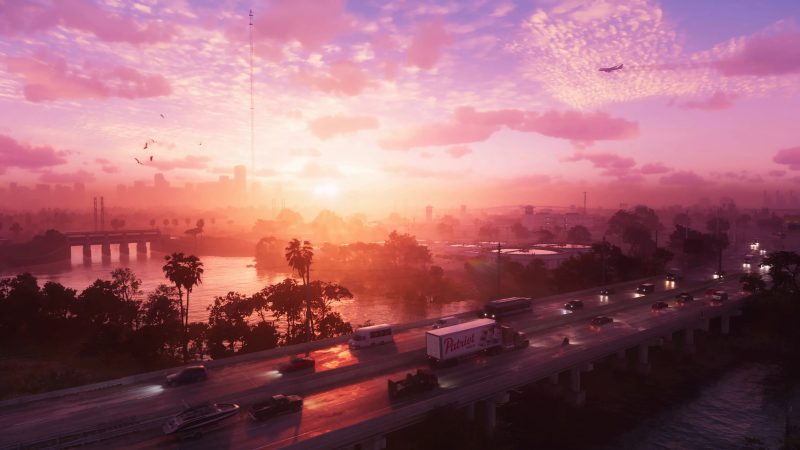The controversy has shed light on the complex relationship between the video game industry and music licensing. While video games, particularly those of GTA's caliber, can provide significant exposure for artists, many argue that this exposure shouldn't come at the expense of fair compensation. The Grand Theft Auto franchise is known for its iconic soundtracks, which have introduced players to music from genres they wouldn't have been otherwise exposed to if not for the series. The incident raises a lot of questions, particularly on whether the financial success of the franchise is being adequately shared with the artists who contribute to its atmospheric and immersive experience.

